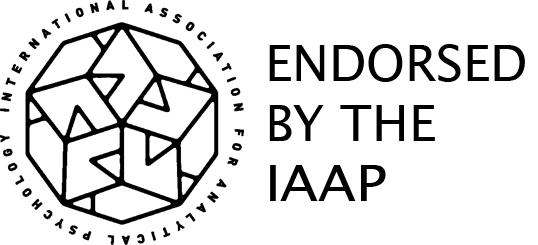This course with Jungian Analyst Lionel Corbett will be a study in contrasts between Jung’s notion of the Self and traditional religions.
Corbett’s vast knowledge of Jungian psychology, religion, history and mythology, makes for a riveting study of many spiritual ideas in these live classes.
In psychological language, numinous experiences would be the encounter of a human ego with the Self. For Jung the experience of the holy does not need to take a traditional Judeo-Christian form; what matters is the emotional quality of the experience rather than its specific content.
In this course, Corbett will describe the range of ways in which the Self may appear within the psyche. He will also discuss the ways in which Jung’s approach avoids the philosophical problems associated with the idea of God found in the Judeo-Christian tradition.
Jung’s notion of the dark side of the Self in his Answer to Job, and the arguments with theologians this book produced, will also be studied in this course.
Course Overview:
Class 1
Jung’s notion of the Self compared to the God of the monotheistic traditions. Jung’s critique of the Christian image of God.
Class 2
Belief compared to personal experience of the Self. The need for a new approach to our image of God. The projection of the Self onto external saviors and other people. The ego-Self relationship. The individuation process and the Self.
Class 3
Jung’s notion of the relativity of God. Edinger on the New Dispensation. Jung on the Spirit of the Depths. Jung’s Answer to Job. The dark side of the Self.
Class 4
Symbolic manifestations of the Self. The Self in synchronistic events.
Class 5
Critiques of Jung’s concept of the Self. Jung on the transformation of the God-Image. Jung’s debate with the theologians.
Class 6
Jung and the Biblical tradition. Archetypal themes in religion. The Self, the Unus Mundus, and the implicate order of quantum mechanics. Post-modern approaches to the Self. Jung’s idea of the Self in the light of his early relationships. Jung’s view of the emerging God-image.




